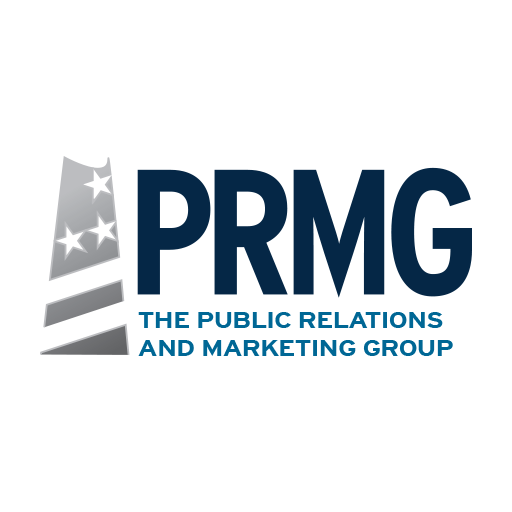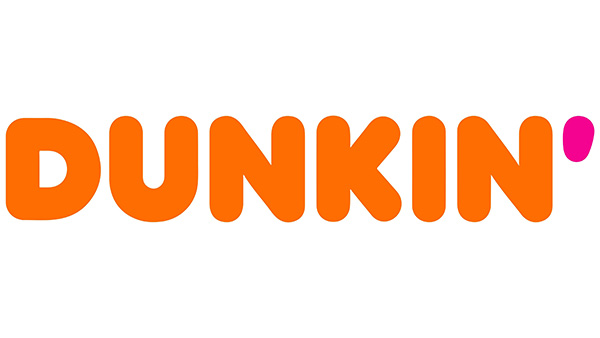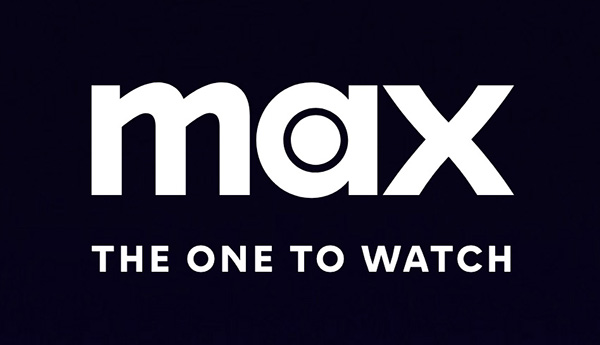Long-Term Strategies to Improve Your Search Engine Ranking Through Off-Page Optimization
With millions of Web pages flooding the Internet, search engines must sift through the clutter and develop a ranking system that allows the strongest sites to be given optimal exposure by placing them at the top of search engine results. Since the majority of website traffic comes from these major search engines, it is imperative that your site has a high ranking. Off-page SEO includes anything you can do to secure a high page rank for your website in order to reach the ultimate goal of high Web visibility for your organization. In contrast to on-page optimization, the phrase “off-page” refers to the ways to promote your website and enhance your search engine optimization outside of the pages within your own site.
The most important factors of off-page SEO are linking, link value, bookmarking, social media, blogging, press releases, articles and Web directories. These factors will help build quality links back to your website to help improve your site’s rank with search engines.
Linking — The most important off-page optimization factor is gaining inbound links that direct others to your website. The first step in securing inbound links is to produce fresh, interesting and flawless content. Search engines love unique and frequently updated content. Once your site is completed with strong content, a clear navigation scheme and carefully chosen keywords begin to request links from other sources. For example, reach out to bloggers and demonstrate that you read their site and understand their audience. Send them a link to the content you created that you think will be valuable to them. This is important because you are offering them something of value while increasing your own Web presence.
Keep in mind that there is such a thing as overdoing it with backlinking. If you build more than 50 backlinks in one day, search engines may treat you as a spammer, diminishing your site’s ranking. A good goal is to keep within the range of 10-15 backlinks per day. By integrating linking techniques into your Public Relations and Social Media strategy, you shouldn’t have a problem with this. For example, each time you contribute a press release, post the release to the free posting sites cited below. Likewise, each time you publish an article, post it to the article directories also discussed below.
Link Value — When building backlinks on the Web, it is important to understand link value. There are several factors that determine the value of your link:
• The first step is to determine whether the link is a no-follow or do-follow and always strive for the latter. For example, never leave links in the comment sections of blogs. These links will automatically be marked as no-follow, providing no SEO benefit.
• To get SEO authority, get as many backlinks as possible from as many high-authority sites as possible. The higher the authority of the page that your link is on, the more of this authority will transfer to your site. For instance, Google gives high authority to newspaper websites. Having an article published in these online papers with your link is worth a lot more than many other websites.
• A second factor is the number of other links on the page that is linking to you. The more links that are on that page, the less SEO benefit each is given.
• The anchor text of the link is also crucial to its strength. Be sure to use relevant keywords in the anchor text so you will rank higher for those keywords.
You can check your website link’s popularity at http://www.linkpopularity.com/. The higher your link popularity is, the higher your page ranking will be.
Bookmarking — Bookmarking is an effective means of driving traffic to your business’ website. On bookmarking sites such as Digg and StumbleUpon, users can bookmark important Web pages that they visit regularly and would like to organize as favorites. Bookmarking sites are the hubs for one-click marks of approval. It is important to first check if your URL has already been listed on these sites and then, if it hasn’t, submit your link along with a website description, articles and tags. Each bookmarking site offers different features. For example, Delicious lets people bookmark a URL while others let users vote. Once your site is listed, encourage social media users who are on the myriad of social bookmarking sites to bookmark your website and post and vote for your articles. It is important to submit strong quality content to these social bookmarking sites that will attract reader interest and votes.
Popular bookmarking sites:
Digg
Reddit
Mixx
Delicious
StumbleUpon
Tweetmeme
Fark
Slashdot
Friendfeed
Newsvine
Diigo
Social Media — Aside from being a crucial marketing tool for your business, social media also provides great off-page SEO benefits. Social networking sites can improve natural search visibility for your organization. Sharing, commenting and linking are at the core of social media. This shared content can get your website exposure, traffic and possibly a high number of inbound links. Since you can reach a vast amount of people using social media, there is a greater likelihood of gaining more links, which is one element that major search engines look at when ranking sites. Anything that raises awareness of a business or a particular website is good for SEO. Keep in mind that social media sites are also “do not follow,” meaning you won’t get SEO benefits from just posting links to your site on Facebook, LinkedIn, etc.
Each of your social media profiles should link back to your business’ main website in a variety of ways. Facebook, Twitter and LinkedIn are the main social networking outlets that your organization should have a presence on, but there are many sites to choose from. Facebook status updates, your profile descriptions and tweets especially should include links to drive traffic to your website.
Popular social media sites:
Facebook
Twitter
LinkedIn
YouTube
Flickr
Myspace
MyLife
FourSquare
Vimeo
Photobucket
Avvo (attorneys)
JDSupra (attorneys)
Blogging — The major advantages of having a blog are that you will establish your company as a thought leader in your industry, change your site from an online brochure to a living, breathing hub and give your visitors a way to engage with you. Blogs also provide off-page SEO benefit by driving readers back to your website in order to learn more about your business. It is necessary for blogs to produce fresh, unique content so make sure to update your page at least once a week. Include keywords in the titles of your entries and diversify your posts by adding video and photos. Within the actual text, turn keyword phrases into hyperlinks to point to your website. Once you’ve started your blog, promote your entries by posting your link on social media outlets, bookmarking sites and discussion forums such as Yahoo! Forums and LinkedIn Answers. Also, interact with other bloggers to gain exposure. In order to build a name for yourself in the vast blogosphere, it is important to interact with bloggers who write about your field. Add to the discussion in the comment sections of another blogger’s work. Likewise, make sure that your readers can leave comments on your own blog and subscribe via RSS and email. Maintaining an effective blog is key to maximizing your off-page optimization strategy.
At The Public Relations and Marketing Group, we use WordPress to host our blog and would highly recommend using this site. However, there are other popular blogging sites out there such as Blogger, Blogspot and Tumblr. We generally recommend that businesses incorporate their blog into their website versus a separate site. This way, your blogging and link-building will benefit your website and you won’t have to work on SEO for two separate sites. However, doing this does involve a bit more programming when setting up your site.
Press Releases — Publishing professional news and press releases in various online outlets is crucial to your off-page optimization success. Posting press releases, media advisories, media availabilities and events is a great way to generate interest in your organization and drive traffic back to your website. Each time your release is posted on another website, the inbound link from that page to your website helps increase your SEO rank. It is important to write releases that are complete with keyword-rich language used by your audience and to include links that point to a specific offer or landing page on your site.
Consider using a service such as NewsEdge, Dow Jones Factiva, LexisNexis and Marketwire to deliver raw press releases.
Free press release sites:
www.longisland.com (regional)
www.openPR.com
www.prLog.com
www.pressmethod.com
www.pr-usa.net
www.PR.com
www.PR9.net
www.pressabout.com
www.press-base.com
www.prbuzz.com
www.PRUrgent.com
Articles — Publishing articles is a great way to demonstrate your area of expertise and portray yourself as a thought leader in your industry. Strong articles can also lead readers back to your business’ website. At the end of your article, place a link back to your website. Add links back to your site for related articles as well. If the article is thought-provoking and interesting to your audience, readers may feel compelled to share it with others, learn more about your business and click on your backlinks.
Thousands of online article directories will publish your articles for free and enhance your Web visibility by offering backlinks to your website.
Free article directories:
www.bpubs.com
www.articlesnatch.com
www.joinandpost.com
www.articlecube.com
www.articlesbase.com
www.ezinearticles.com
www.isnare.com
www.articlealley.com
www.articledashboard.com
www.businessknowhow.com
www.buzzle.com
Web Directories — Free Web directories are great for listing your website and quickly building your link popularity. These sites can help to boost your website’s rankings on popular search engines such as Google and Yahoo! by categorizing link submissions. Web directories list websites by category and subcategory so that readers can easily find what they’re searching for. There are several paid and unpaid Web directories and it is best to take advantage of the free directories first.
Free Web directories that offer a one-way text link:
www.dmoz.org
www.geniusfind.com
www.busybits.com
www.hotfrog.com
www.somuch.com
www.skoobe.biz
www.gimpsy.com
www.exactseek.com
www.clickey.com
www.canlinks.net
www.zeezo.com
www.surfsafely.com
Track Your Progress — Once you’ve implemented these off-page SEO techniques, it is important to monitor your progress over time. Monitor your keyword ranking with a program such as Web CEO. Website Grader is also an excellent program to monitor the strength of your site and best of all, it’s free. Using Website Grader, you can build a custom report for your website to determine its strengths and weaknesses. It is important to regularly monitor your grade and make changes as needed.


